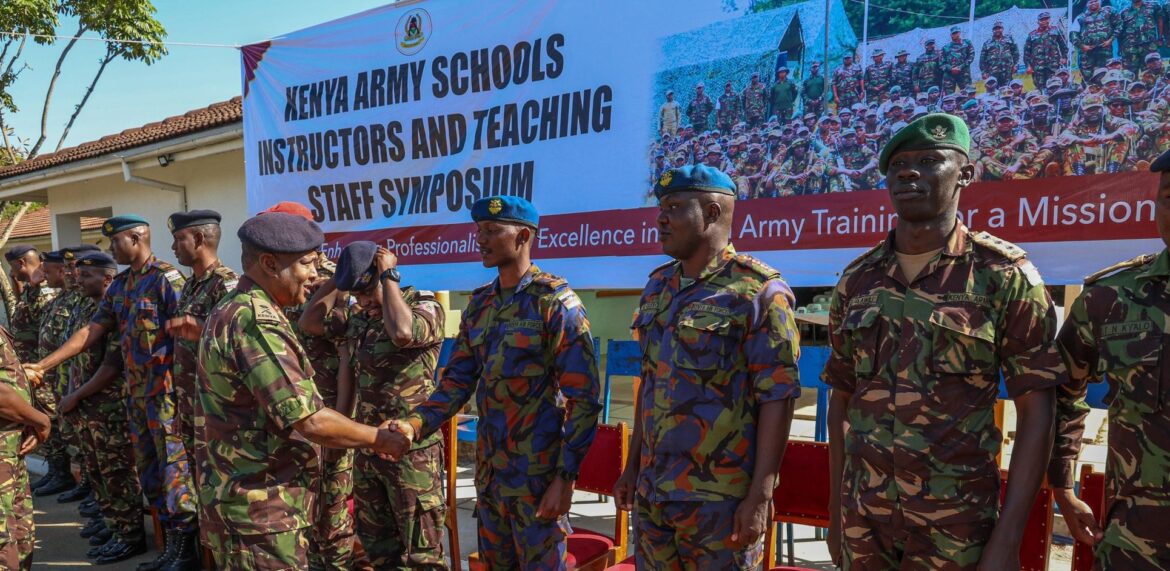Disquiet is growing within the Kenya Defence Forces (KDF) over the government’s decision to scrap the food subsidy program for military personnel starting July 1, 2025.
According to media reports on January 26, many soldiers feel frustrated, fearing that the new Pay-As-You-Eat (PAYE) system will strain their finances, with some already struggling to repay loans.

A directive signed by Major General MN Hassan cites inefficiencies and high costs as reasons for the shift.
A senior military official, speaking anonymously, said the new system is expected to save taxpayers between Sh2 billion and Sh3 billion annually.
However, critics argue that the move is yet another example of the government abandoning its responsibilities to citizens.
The transition was first proposed in August 2023, and a committee was formed in October 2023 to develop an implementation plan.
Their findings were presented to the Service Commanders Committee Meeting (SCCM) in October 2024, with further discussions in December 2024. Many soldiers feel this shift unfairly burdens them, making it harder to meet basic needs.

This development mirrors a broader pattern of policies under President William Ruto’s administration, which many perceive as anti-Kenyan.
From scrapping subsidies on food and fuel to imposing additional taxes, the government has been widely criticized for increasing the cost of living rather than easing financial pressures on citizens.
Past attempts to introduce PAYE, including during General Robert Kibochi’s tenure, failed due to strong resistance. This time, KDF has laid out clear guidelines to ensure a smooth transition.
A sensitization program will educate personnel about the new system, and service commanders will improve dining facilities. Secure, cashless payment options like mobile money and PDQ machines will also be introduced by March 31, 2025.

Despite resistance, the Ministry of Defence insists the change will improve efficiency, reduce costs, and allow soldiers to choose meals based on personal preference.
It clarified that only personnel in peacetime locations will be affected—those in active operations and training will continue receiving full rations.
The ministry argues the current system is inefficient, causing long queues and wasted resources.
It believes PAYE will eliminate these issues and free up funds for other military needs, such as upgrading dining facilities and settling outstanding food bills.
KDF introduced Ration Cash Allowance in 2000 when breakfast and dinner subsidies were scrapped.
A senior official noted that while past leadership hesitated to implement PAYE, current leadership is determined to see it through.
Soldiers now face the reality of adjusting to a system where they must budget for their own meals.



